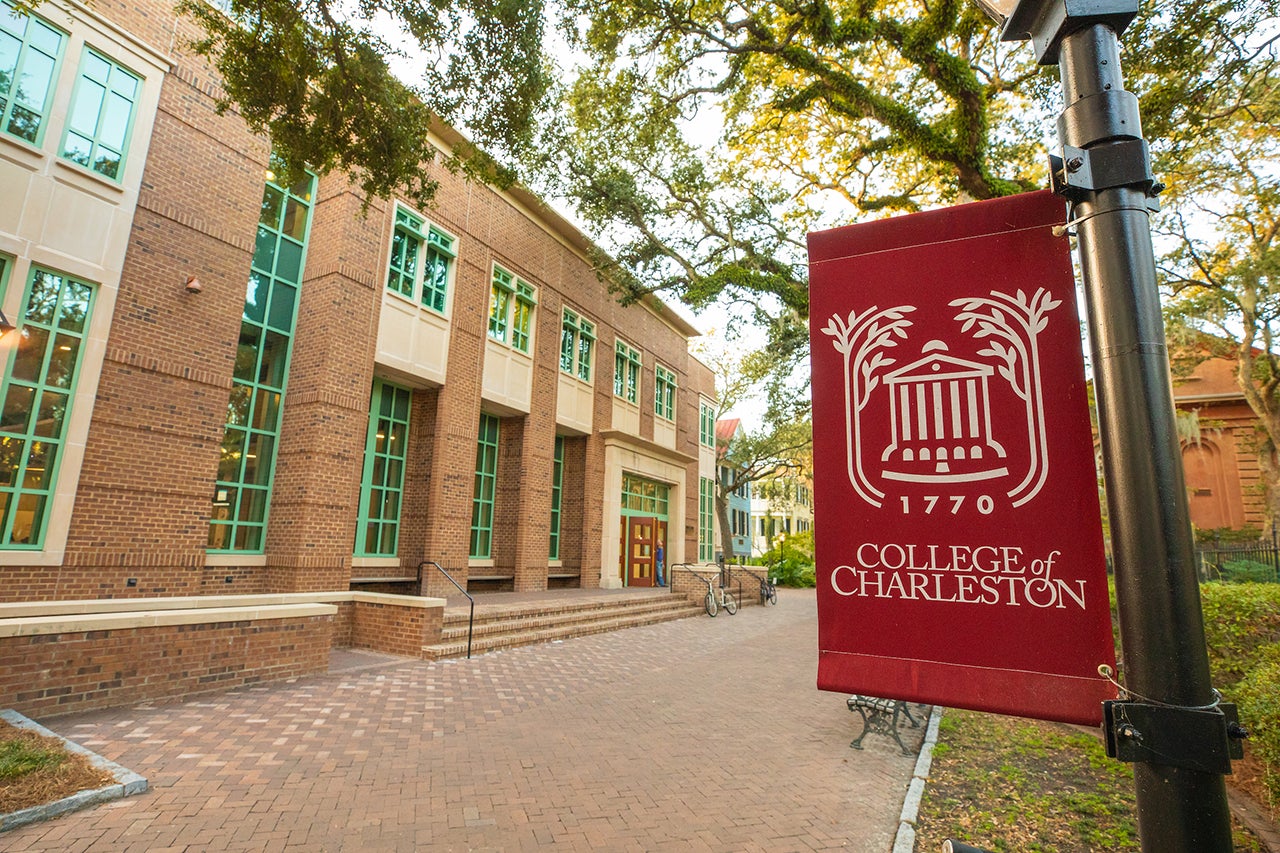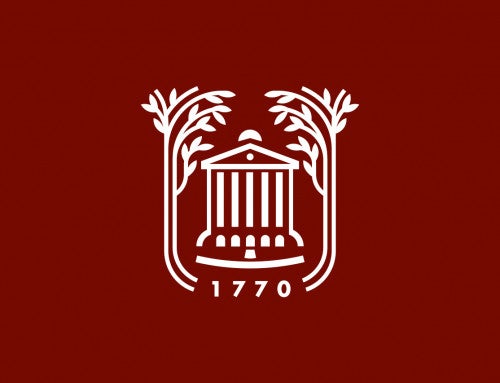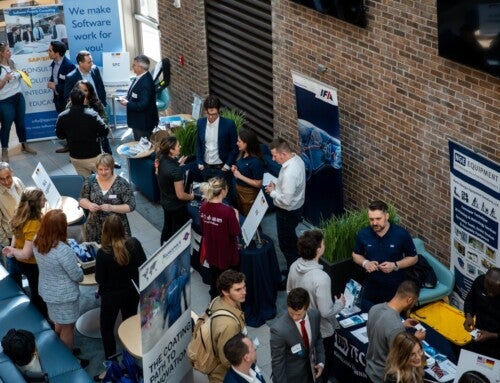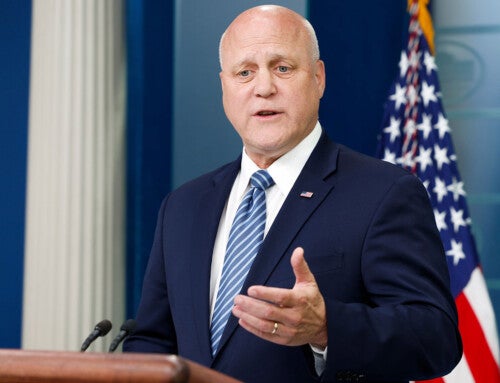College of Charleston President Andrew T. Hsu shared the following message with the campus community on Wednesday, Oct. 28, 2020:
Dear Campus Community,
In the coming weeks and months, we will be rolling out more publicly our strategic plan and our first-year priorities to the entire campus so that everyone can participate in helping us realize our shared vision, which includes a major cross-cutting theme of diversity, equity and inclusion.
But embracing diversity, equity and inclusion and making progress toward racial reconciliation needs to be more than just talk; it needs to be about action. Today, I’m announcing two such actions:
- I have authorized the removal of the name of William Aiken from use in the Honors College and as the designation for our top scholars in the Honors College, who will henceforth be referred to as the Charleston Fellows. Aiken was a prominent planter of the white elite and a former S.C. governor who enslaved human beings for his own financial benefit. The request to remove his name from use originated within the Honors College and included the support of the school’s dean, faculty and staff as well as former and current students.
- I have also authorized that the College will no longer use the name of our first president, Bishop Robert Smith, as the namesake for our highest graduating student award or as the namesake of our top donor society. According to records in our Special Collections, Bishop Smith directed the use of enslaved people to perform labor on our campus, and his heirs later demanded financial payment from the College for this forced labor. At the time of his death, Smith enslaved more than 200 human beings of African descent. I was first made aware of the information about Bishop Smith through research done by the Center for the Study of Slavery in Charleston and a forthcoming documentary titled If These Walls Could Talk, which is being produced by the Office of Institutional Diversity and is based on research conducted by some of our faculty, staff and students. The College intends to premiere this documentary during the spring semester.
These actions, along with the forthcoming documentary, are just some of the many efforts underway to address diversity, equity and inclusion on campus. As Vice President of Inclusion and Access and Chief Diversity Officer Rénard Harris stated earlier this semester, this is a Year of Action. He and his team, collaborating with every division, are working to implement a wide range of DEI strategies. I won’t detail those initiatives here, but suffice it to say, they cover a wide range of the campus experience, from education and mandatory training, to scholarships and recruitment, which will complement and augment the great work already being done across campus by so many students, faculty and staff.
As I have seen firsthand, this campus has worked hard and continues to work hard to address its troubling history. Just as this country is struggling to come to terms with its past – so, too, is the College of Charleston. Racial injustice is interwoven into our past, but it doesn’t have to define our future. Wisely, the College of Charleston was intentional in making its 250th anniversary celebration an opportunity to be more honest with itself – so that we may tell a more complete story of our past.
We do this, in part, by conducting scholarly research and by correcting historical inaccuracies as we identify them. We do this by erecting interpretative signage and historical markers to provide context, and we do it by publicly sharing our complete story in print, video and online. As one example, the College’s Discovering Our Past website documents the histories of many campus buildings while emphasizing the contributions of the underrepresented and marginalized people associated with them.
Naturally, that leads us to names. Of course, the changing of names can be controversial. Not just here, but everywhere. For some, it’s a too-small, too-late gesture. You might even ask – does changing a name actually do anything? It’s a valid question. I believe, in some cases, it certainly does. I applaud the Board of Trustees for establishing a taskforce in their October meeting so that they may properly review the Board’s bylaws on naming, especially as it relates to the names of buildings and schools.
While the Board of Trustees conducts this important review, my administration is continuing to take actions to make our campus more welcoming and inclusive, especially for African Americans, a group of people who were enslaved and have been historically disadvantaged or outright excluded at our university, in our city and in our state.
The names of former Governor Aiken and Bishop Smith, unfortunately, are not reflective of who we are today and are not appropriate for our most prestigious scholars, our top philanthropic society nor our highest student award. It is true that both were men of their time, but they both actively worked, either through their influence in government or in the church, to perpetuate a paternalistic culture in which one group of people subjugated another.
Let me be clear: the changing of names is not a solution in and of itself to our institution’s need for reconciliation. Far from it. The changing of names is, more than anything, symbolic, but, still, I believe, it is an important one. My hope is that it will send a message to you and the greater community that things are changing at the College of Charleston and also that our campus is welcoming and inclusive to all.
As an institution, we need to do many things and, through our strategic plan, we will: We will raise and provide more financial resources to our underrepresented, minority students. We will produce more programming that will appeal to students of color. We will continue to create a culture where people of color feel respected and at home here, whether he/she/they is a student, a faculty member or a staff member.
Through our shared work in the strategic plan, we will strive for diversity, equity and inclusion in everything we do.
Sincerely,
Andrew
Andrew T. Hsu, Ph.D.
President
College of Charleston




